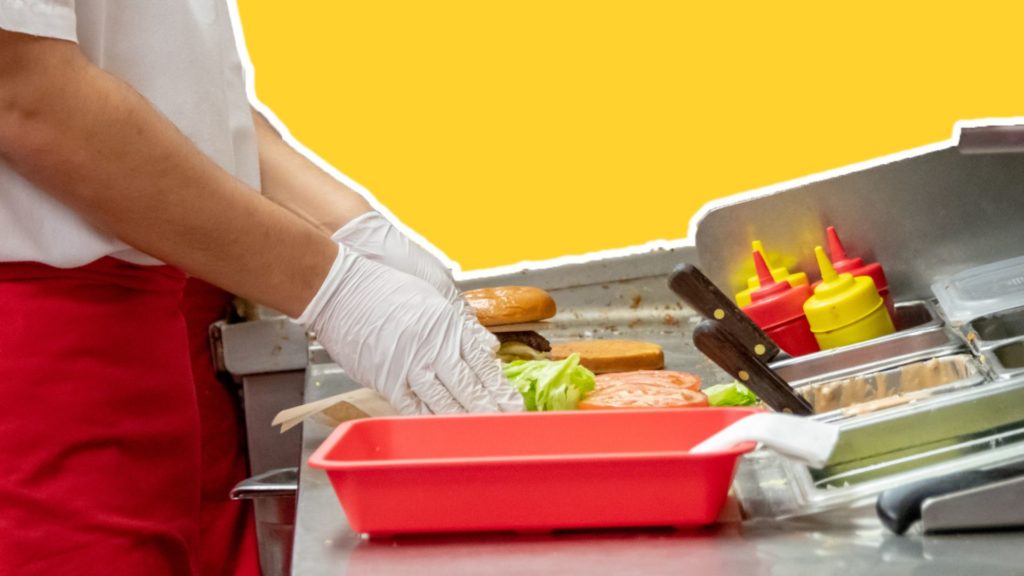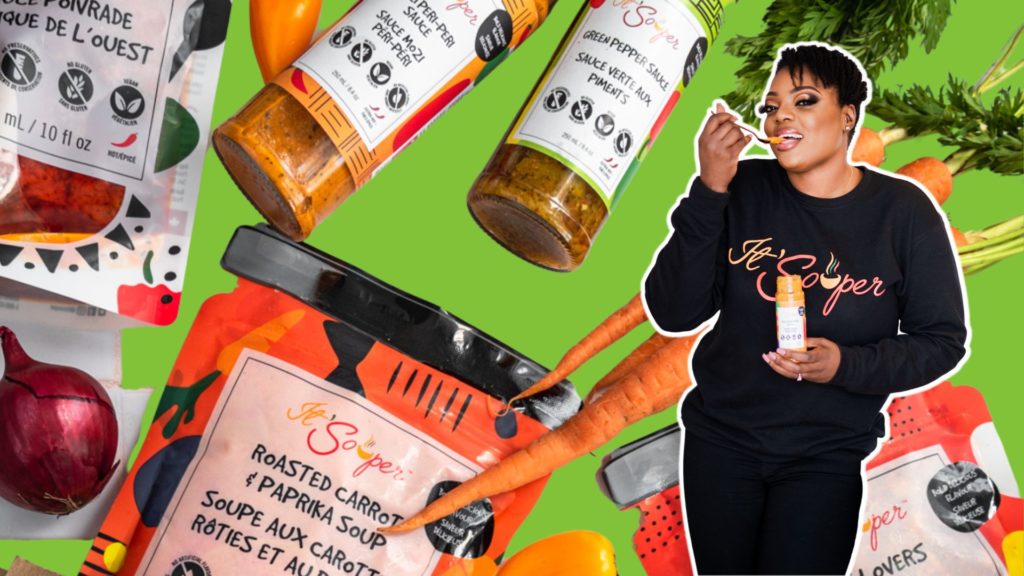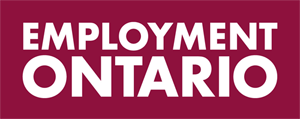About the author
Veronica Hislop is a Master’s student in the Molecular Science program at Ryerson University. Currently, she is performing research on emulsifiers and how they affect the texture of fat-stabilized emulsions. She is also a career partner with FoodGrads and the host of the FoodGrads podcast. Veronica also has work experience in the food processing industry working both in Quality Assurance and product development. She is hoping to bring more awareness to the vast career opportunities possible in the sector.
One of the pieces of advice I seem to hear everywhere is “follow your passion.” On the surface, this is understandable advice. Following your passion means that you are led to success through enthusiasm and hard work. Overall, the underlying message is if you stay persistent, you will be happy and successful.
However, if you look below the advice’s surface, there isn’t much to it. First of all, it suggests that there is a dream job waiting for us. Do you think 30 years ago, people were dreaming of becoming social media managers? No, because the internet was still in its infancy, it wasn’t possible to have this dream. Not to mention people change throughout their lives and their dreams do too.
So why am I sharing this seemingly negative advice? Well, I think there is a better way to go about things that will make you happier while still pushing you forward in your career. My advice is to focus on developing your skill set rather than following your passion.
It’s’ my belief that developing skills will take you farther in life because skills you can take with you. Jobs you cannot take with you. Jobs come and go, but if you constantly work on your skill set, you will become adaptable. This is the key to a successful long-term career.
Why are transferable skills so important for your career in food?
Transferable skills are those that can be applied from one job to another. There are two types of skills: soft skills and hard skills. Soft skills enable you to fit in at a workplace and are considered personality traits. Soft skills include active listening, clear communication, conflict resolution and problem-solving.
Restaurant and food service jobs are a great place to pick up these transferable skills. There are many of these positions open even after the wake of COVID-19 pandemic. So, if you have the chance to pick up these jobs, you should. Any experience you can add to your resume is valuable, especially if you are just starting out your career.
For example, working in a restaurant allows you to work in a team environment where the success of a shift is dependent on how well you communicate with the staff and customers. Working at the front of the house allows you to sharpen your customer service skills by directing customers, taking their orders, and resolving problems. In the back of the house, you learn to work as a team creating orders and working in unison. You are essentially developing transferable skills, which employers look for. Being able to effectively communicate is essential to the success of any career.
Alternatively, there are hard skills. Hard skills are job-specific abilities or knowledge learned through education, hands-on experience or training. An example of this kind of skill is Lean Six Sigma.
Lean Six Sigma is a continuous improvement approach that is used to:
- increase revenue
- reduce waste, error and costs
- optimize profits margins,
- maintain quality standards
Companies like Maple Leaf Foods use Six Sigma throughout their company from executing large-scale initiatives (such as acquiring a company) to solving day-to-day business challenges (such as improving line efficiencies within their production facilities).
Having a certification in Six Lean Sigma helps you to stand out amongst a crowd. It is a skill set you can take with you and doesn’t just limit you to one specific job. Professionals with Six Lean Sigma certifications work in all sectors from business to production to continuous improvement. Many people get hired just for having this certification alone!
Prioritize the development of transferable skills instead of focusing solely on your dream job
One of the advantages of focusing on your skills rather than your dream job is that you can be more flexible and move around. Another great example of this is being a practitioner for a food safety program such as Safe Quality Foods (SQF) or Hazard Analysis Critical Control Points (HACCP). Being a practitioner means that you create food safety plans for food production companies and based on these certification bodies you must be certified to do so. Being a practitioner means that you have a hard skill that doesn’t limit you to one place – you could work at any food production facility across the country!
Why is this a great thing? Imagine that you were at a food facility and as a new graduate you want to be close to your family in the city but 10 years down the line your interests change, and you want to move to a quieter area of the country. Processing facilities require qualified individuals with food safety skills, so as a practitioner, you can take your skills with you and move around the country.
Develop in-demand skills that will help you land a job in the food and beverage industry
Now, I’ve talked a lot in this article about transferable skills you might not have because you’re just starting out in your career. That’s okay! But where should you go from here to know the most in demand skills that will get you hired? Well, luckily for you, the Food Processing Skills Canada has a Skills & Competencies Library has got you covered. There you can gain access to essential skills for dozens of jobs in food and beverage manufacturing. They have job profiles for every aspect of the industry and provide a breakdown of essential skills profiles for reading, communications, digital technology and more!
Just know that if you’re a young person than you already have some essential skills that the industry is looking for. The food processing industry is transforming into the digital world, and they need more younger people to help with this transition. You are in a fortunate position if you can navigate technology effectively. So, market yourself and show that you have the potential to do this!
I’ll conclude this article by saying that as a student, I understand how difficult it can be to know what you want to do as a dream career. So, don’t be discouraged if you don’t know what you want to do when you graduate; instead, focus on developing the skills you enjoy. The agrifood industry is huge and looking for people from all walks of life, so market your skills and I’m sure you’ll find something for you!






